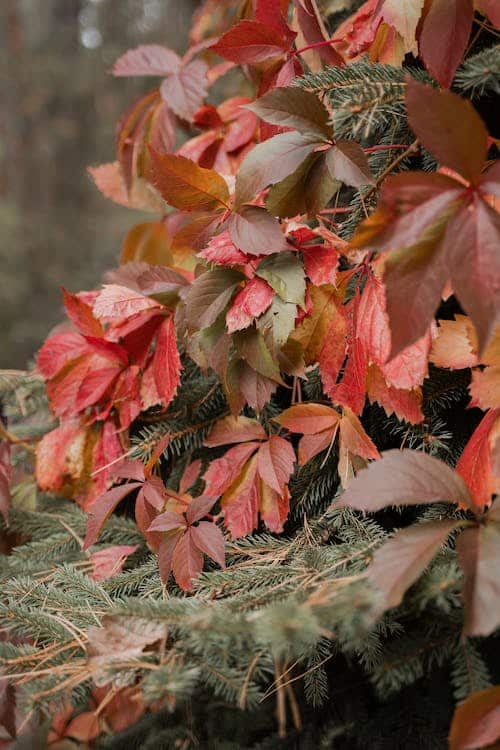When most people think of seasonal allergies, they think of the explosion of pollen that happens in the spring. However, there are many plants that pollinate in the fall that can cause symptoms, and some allergens can occur year-round. We review some common fall allergy triggers and how to find relief below.
Pollen

According to the American College of Allergy, Asthma & Immunology, “The most common culprit for fall allergies is ragweed, a plant that grows wild almost everywhere, but especially on the East Coast and in the Midwest. Ragweed blooms and releases pollen from August to November. In many areas of the country, ragweed pollen levels are highest in early to mid-September.”
Other plants that trigger fall allergies include:
- Burning bush
- Cocklebur
- Lamb’s quarters
- Pigweed
- Sagebrush
- Mugwort
- Tumbleweed
- Russian thistle
You can manage pollen allergies by staying indoors with the windows closed when pollen counts are high, showering and changing clothes right away if you do spend time outdoors and avoiding line drying your clothing outdoors. You should also bathe indoor/outdoor pets frequently.
Mold
Mold thrives both indoors and outdoors. Like pollen, mold spores are carried in the air; however, unlike pollen, they can grow year-round. In the fall, they’re likely to be found in piles of compost, like leaves.
To combat mold allergies, you should rake your yard and remove leaves from gutters, but don’t leave piles in the yard. Keep your compost and yard debris bins far from your home. Inside, you should use a dehumidifier in damp places like bathrooms, kitchens, utility rooms and basements; try to keep your home between 35% and 50% humidity.
Dust Mites
Dust mites are microscopic arthropods that feed on dead skin cells. They’re a year-round allergen that can be found in every home, and they thrive in temperatures between the high 60s and mid 70s and humidity above 70%.
While there’s nothing you can do to remove all dust mites from your home, you can reduce their numbers by cleaning air vents, covering mattresses and pillows in dust-proof covers, regularly washing bedding in hot water and using a dehumidifier.
For more information or to schedule an appointment, call ENT of Georgia North today.